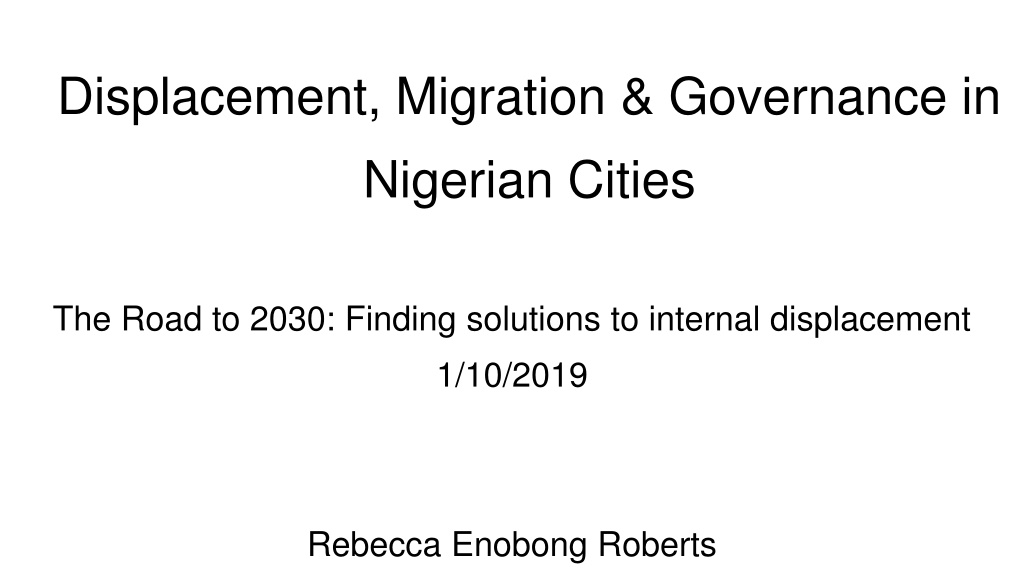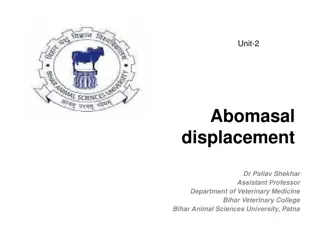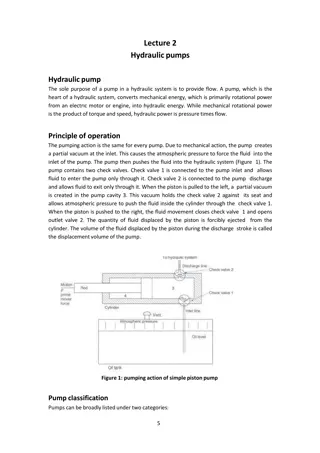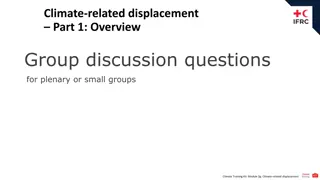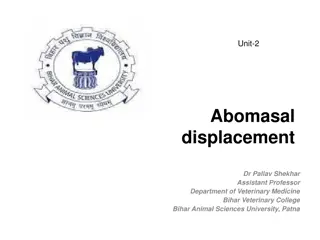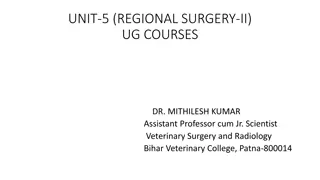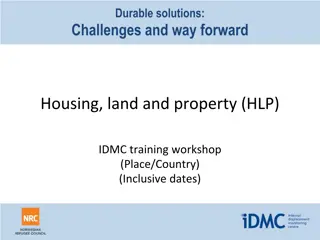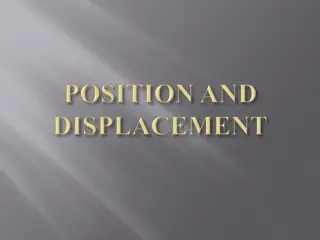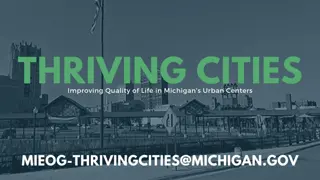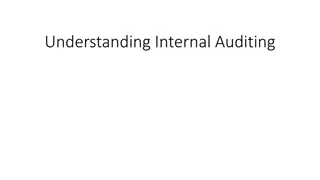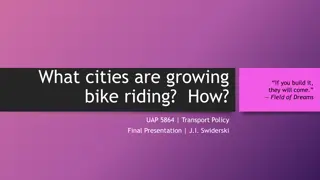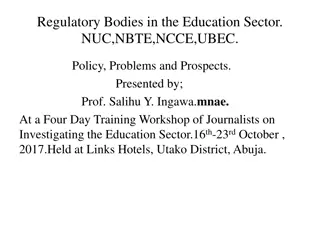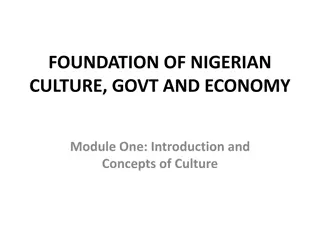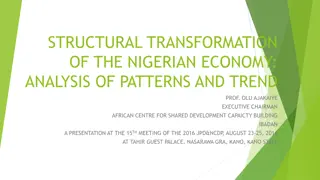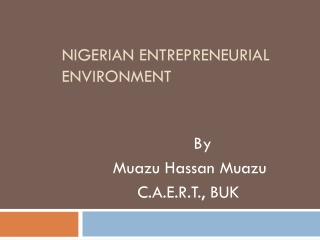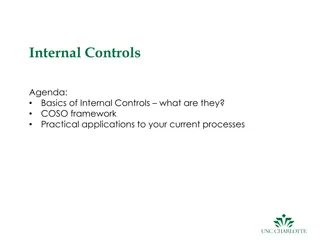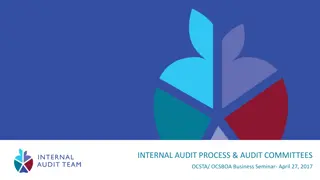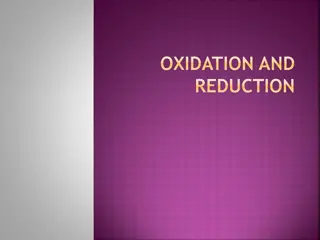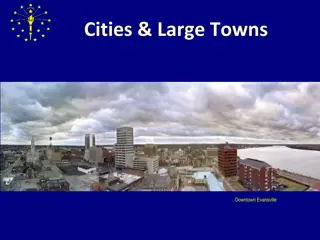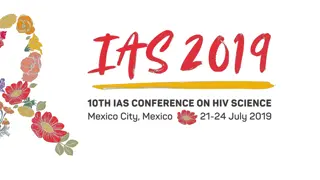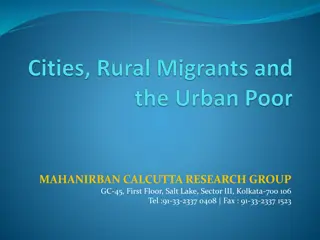Challenges and Solutions for Internal Displacement in Nigerian Cities
This study focuses on the self-help resettlement of conflict-based Internally Displaced Persons (IDPs) in Nigerian cities such as Lagos, Ibadan, Port Harcourt, and Yenagoa. Preliminary field findings highlight severe homelessness, lack of access to basic goods and services, and a significant number of IDPs intending to return to camps. The study aims to assess factors driving returns to IDP camps and explores stakeholder engagements and decentralized resettlement interventions to address these challenges.
Download Presentation

Please find below an Image/Link to download the presentation.
The content on the website is provided AS IS for your information and personal use only. It may not be sold, licensed, or shared on other websites without obtaining consent from the author. Download presentation by click this link. If you encounter any issues during the download, it is possible that the publisher has removed the file from their server.
E N D
Presentation Transcript
Displacement, Migration & Governance in Nigerian Cities The Road to 2030: Finding solutions to internal displacement 1/10/2019 Rebecca Enobong Roberts
IDPs Resettlement Case-study A 24 months case study examining the self-help resettlement of conflict based Internally Displaced Persons (IDP) to cities : Lagos, Ibadan, Port Harcourt and Yenagoa Contextualizes self-help effort by Exploring the Challenges and Solution from the People s Perspective Explores the City Governance Readiness to Accommodate this Demography Overall aim is to assess the prevalent factors fuelling returns to IDP camps Through an anthropological approach; using a mixed methodology
Preliminary Field Findings Severe Homelessness: Extreme Hardship No Access to Basic Goods and Services Frequent Harassment and Arrest Public Rejection & Trafficking of Vulnerables State is Uninterested in IDP Integration 48% Intend to Return to IDP Camps I IDP/Slum Led Interventions Minimal Support of Local NGO Ongoing State government Dialogue Lagos Moderate Homelessness Mild Harassment Lack of Access to Basic Goods and Service 32% Intend to Return to Camps Port Harcourt IDPs/Slum Led Interventions Informal Shelter Mild Access to Basic Goods and Services 10% Intend to Return to Camps Yenagoa IDPs/ Slums Led Interventions Informal Shelter Mild Access to Basic Goods and Services 3% Intend to Return to Camps Ibadan IDPs/ Slum Led Interventions
IDP Stakeholder Engagements Outcomes Way Forward Decentralized Resettlement Interventions Document and Analyze the steps, trends and outcomes Develop a People (beneficiaries) Centred Interventions Framework Multi Stakeholder Engagement and Advocacy Technical Support for Preferred Host Communities Highlight and Sustain focus on IDP Urban Migration and their Integration Ongoing Strategic Interventions Making IDP Population in cities Visible Influencing Public Perception Strategic Stakeholders Engagement and Advocacy Livelihood Empowerment Skill training & Seed Capital Empowerment Strategic Targeting: Girl-child, U-5 year olds, School re-enrolment, Basic Health
Challenges, Opportunities & Key Lessons Lack of Structured and Sustainable Support Mechanisms for both Victims and Host City Governance Structure are Unprepared for this IDP migration to cities Data Gap Existing Resettlement Framework is too Narrow Inadequate Public Information on Self-help Resettlement to Cities Extreme Hardship Conditions of IDPs in Cities IDPs in Cities are Susceptible to Trafficking to Europe Girl-children are Prone to Sex-Slavery and Child-Marriage in Cities
First Rough Conclusion IDPs victims are migrating to Cities far away from their Places of Trauma. There is a need for Structural Resettlement of IDPs in Cities. Government and INGO should not play a lead/active, but rather, a supportive role through: Strategic Collaborations with Grassroot NGOs/Individual Efforts Funds Should Not be Distributed via Government Agencies Interventions Should Adopt a People (victim) Centered Approach from the Design Stage Interventions Must Move from Temporary settings (IDP Camps) to Durable Solutions that Includes mitigating the Trade-offs Between Crisis based Internal Displacement, Urban Migration and Urban Displacement Urban Resettlement should Focus on Housing and Harnessing Income Generation Supporting Urban Government Agencies for IDP Integration is Ideal, However, the City Governance are Strangled with Exclusion Politics; it is Doubtful, Whether is will be Will be impactful.
